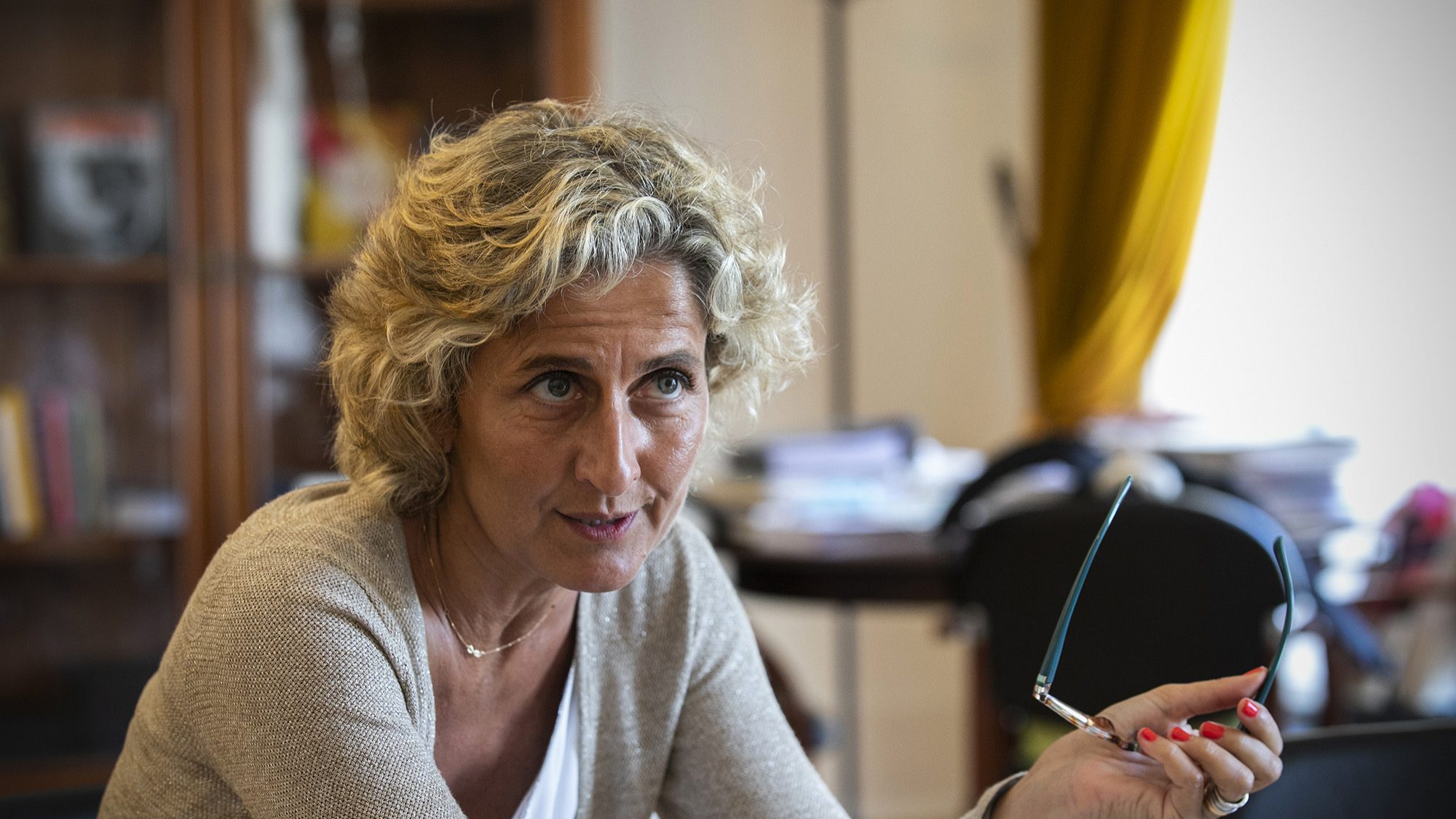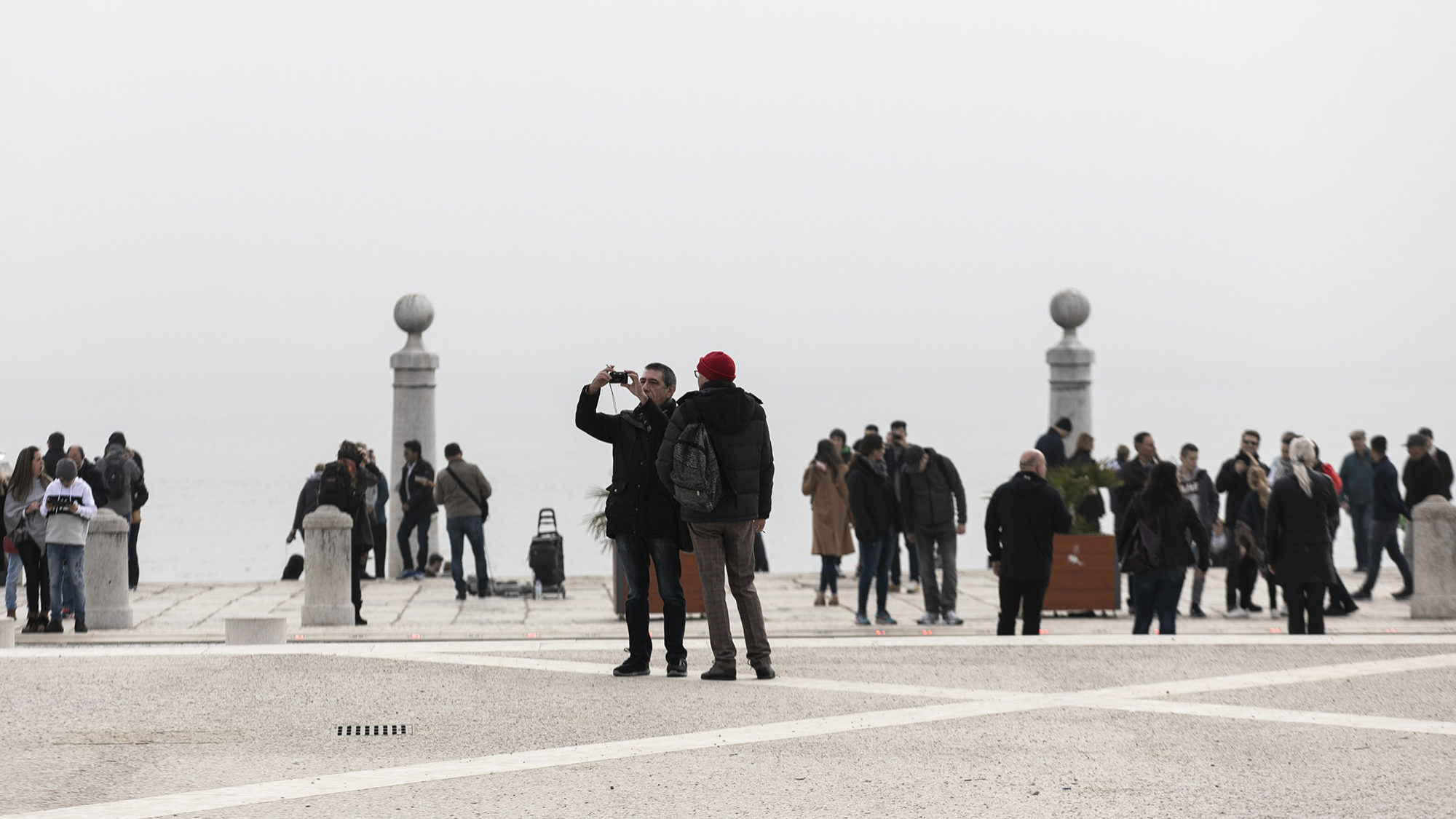Portugal says it can receive immediately over 300 Afghans
According to the Portuguese government, there is availability to receive "more than 300 Afghan citizens, distributed throughout the country."
Portugal has the capacity to immediately receive more than 300 Afghan citizens, António Costa’s government disclosed on Thursday.
The same government source said that all those who collaborated with national forces will be hosted, in this case, “116 Afghan citizens, which includes those who worked with the Portuguese military forces and their families.”
According to the government, and as a result of a work carried out by the High Commission for Migration (ACM), there is availability to receive “more than 300 citizens, distributed throughout the country,” within the network of partners and host entities.
This network of partners includes, for now, the Santa Casa da Misericórdia of Lisbon, the City Councils of Sintra, Fundão and Lisbon, the Portuguese Red Cross, the Portuguese Council for Refugees, as well as the associations ADOLESCER, ENTREMUNDOS, Púcura de Barro, Fios e Desafios, FISOOT Lda and Centro Social Soutelo.
“Every effort is being made to prepare for the arrival of Afghan citizens, in close collaboration with these partners, and the ACM has promoted monitoring meetings, visits to the accommodation and daily updating of the availability demonstrated,” says the Government.
In addition to this possibility of reception, the ACM also received the manifestation of availability by 840 host families, through a public form for individual citizens, released on 17 August, and which registered more than 4,400 responses until 20 August, when it closed.
Through this form, the ACM received not only 840 expressions of interest from foster families, but also 350 responses for foster care, 4,666 responses for the supply of essential goods, 941 responses for psychological support and another 1,611 for social support.
All these responses will now be analysed by the ACM to check if they meet the necessary conditions, particularly with regard to reception and accommodation.
The ACM has also created another form for civil society organisations, through which it received 31 replies from organisations that have shown not only availability to help with the reception, but also to look for work or provide essential goods.
On the Government’s part, the statement is that the country “participates in the ongoing international efforts for the reception of Afghan citizens and immediately showed willingness to receive 50 people”.
“Today, we can already affirm our ability and availability to exceed this number, and all efforts are being made to remove people who are on the priority list of Portugal, for having worked directly for our forces deployed (FND) in Afghanistan,” says the same source, adding that 116 people are concerned.
In this context, “Portugal guarantees the reception of all Afghan citizens who worked (for example as interpreters) with the national force deployed in Afghanistan, under NATO.
In addition to these people, the country will also collaborate to receive Afghans who “collaborated in other frameworks of NATO and also with the European Union,” namely in supporting the embassy in Kabul or other cooperation projects.
According to the government source, at the moment the families that will be received in Portugal are being identified, and the method and schedule for that reception are being prepared.
The country will also receive Afghan citizens in the framework of protection operations conducted by the United Nations.
“We are also receiving and analysing requests for reception addressed directly to Portugal, particularly by persons and professional groups in a situation of particular vulnerability or risk (such as journalists, women lawyers, students, human rights activists),” says the same source, adding that the Foreigners and Borders Service (SEF) is already performing the security measures required in these cases.
The government notes, therefore, that the number of people who will be received, the method of reception and the timing of arrival are not yet completed and will be “disclosed in due course.”


